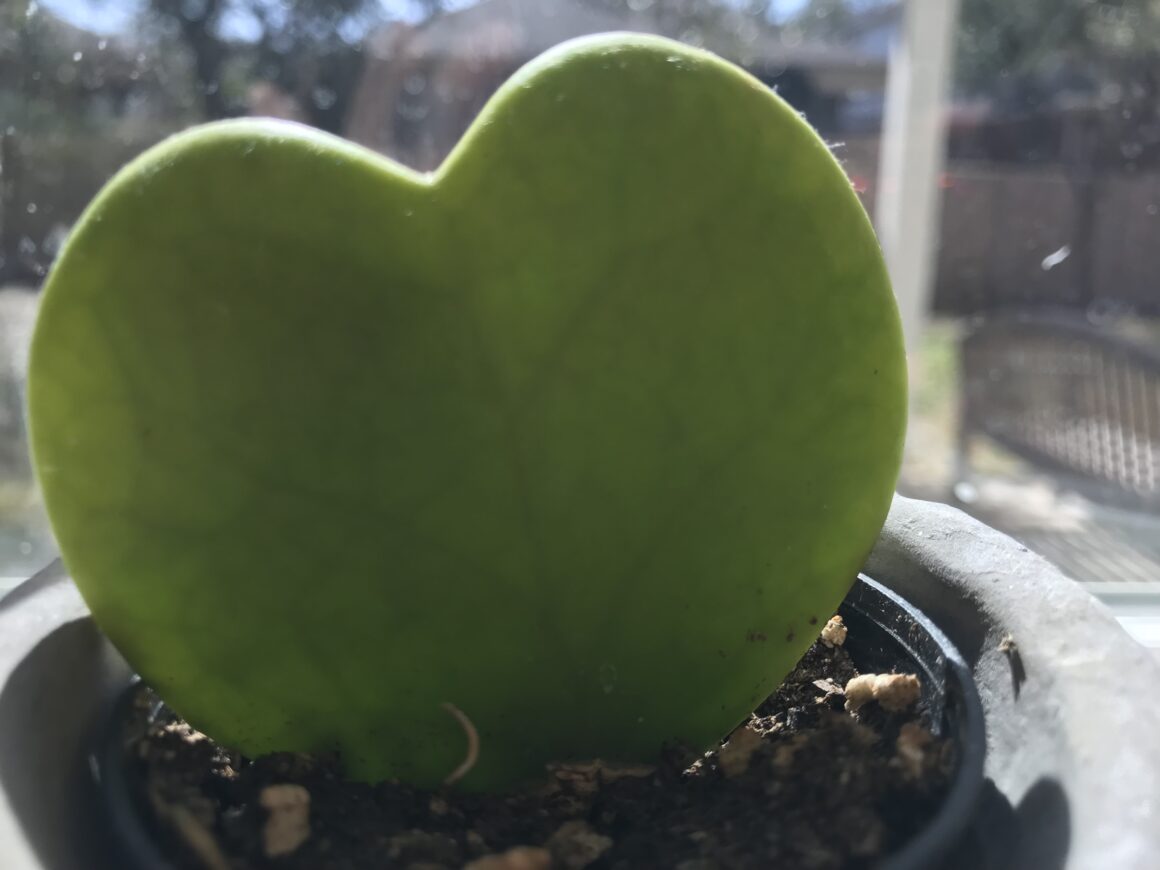
10,000 Hours
R. and I have lived on this cul de sac, in the house we’re in now, since November of 2015, the longest we’ve lived in one home since we married in July of 1990. One of the South Asian families who also lives in the neighborhood has been in their home at least as long, and we’ve seen their younger son grow six years older from the toddler and preschooler he was. The entire time, he’s been fascinated by his family’s front lawn and the yard work it requires; he seems to choose being there most days, even without parental compulsion, even when his older brother is shooting hoops across the street. He began with a toy lawnmower—running it over the full front yard in a careful grid pattern—then graduated to holding the real machines but making their noises for them, and is now—as maybe a third grader?—powering up the electric string trimmer, edger, and mower and doing actual work, spending hours outside, finishing the area’s many tasks. All along, I’ve complimented him for his work and its results; usually, he just pauses in his efforts and gives me a long, level look.
He has an intense gaze, and he follows the movement in the neighborhood with his whole head. After he learned English at school, he began responding to my passing wave with a series of piercing questions about who I am, what I do, why I do what I do, how I do it. One day last year, as I came back into our neighborhood along the sidewalks at the end of another one of my 4-mile walks, he rode next to me on his bike—without a helmet, as usual. He told me the fresh, raw story of the birds who built a nest up in the eaves of the ceiling of his family’s front porch. One of the chicks, almost ready to fly, fell out of the nest, was mortally injured, and died on the doormat. That’s how his morning had begun, with all the emotions and reasons and mysteries to unpack.
“That must have been hard for you,” I said. “I’m so sorry!”
He stared at me, his eyes narrowing and brow furrowing, his former opinion of me seeming to shift. “Did you kill my bird?!” he asked.
I layered more explanations onto his already full day and his growing understanding, how sympathy is different than apology; how we express feelings for each other, even if we didn’t create the situations.
A few days ago, he maneuvered the leaf rake, the end of its handle sticking well beyond his head, and gathered all the fallen live oak leaves—a spring phenomenon here in Central Texas—into tidy piles for placing into clippings bags, which are as tall as he is. What I was thinking was, Seeing you work in your yard makes me almost deliriously happy; it is one of my favorite things in the world to witness people practicing their passions. I love seeing how the repeated actions transform raw initial attempts and possibly clumsy first products into skill and polish; I love seeing people loving what they do.
“Good work!” I said to him, keeping my pace as I walked past. “Your yard looks fantastic!”
He gave me a nod, but kept raking. “Thanks,” he said—the young householder, the expert, the prince of his manor.




